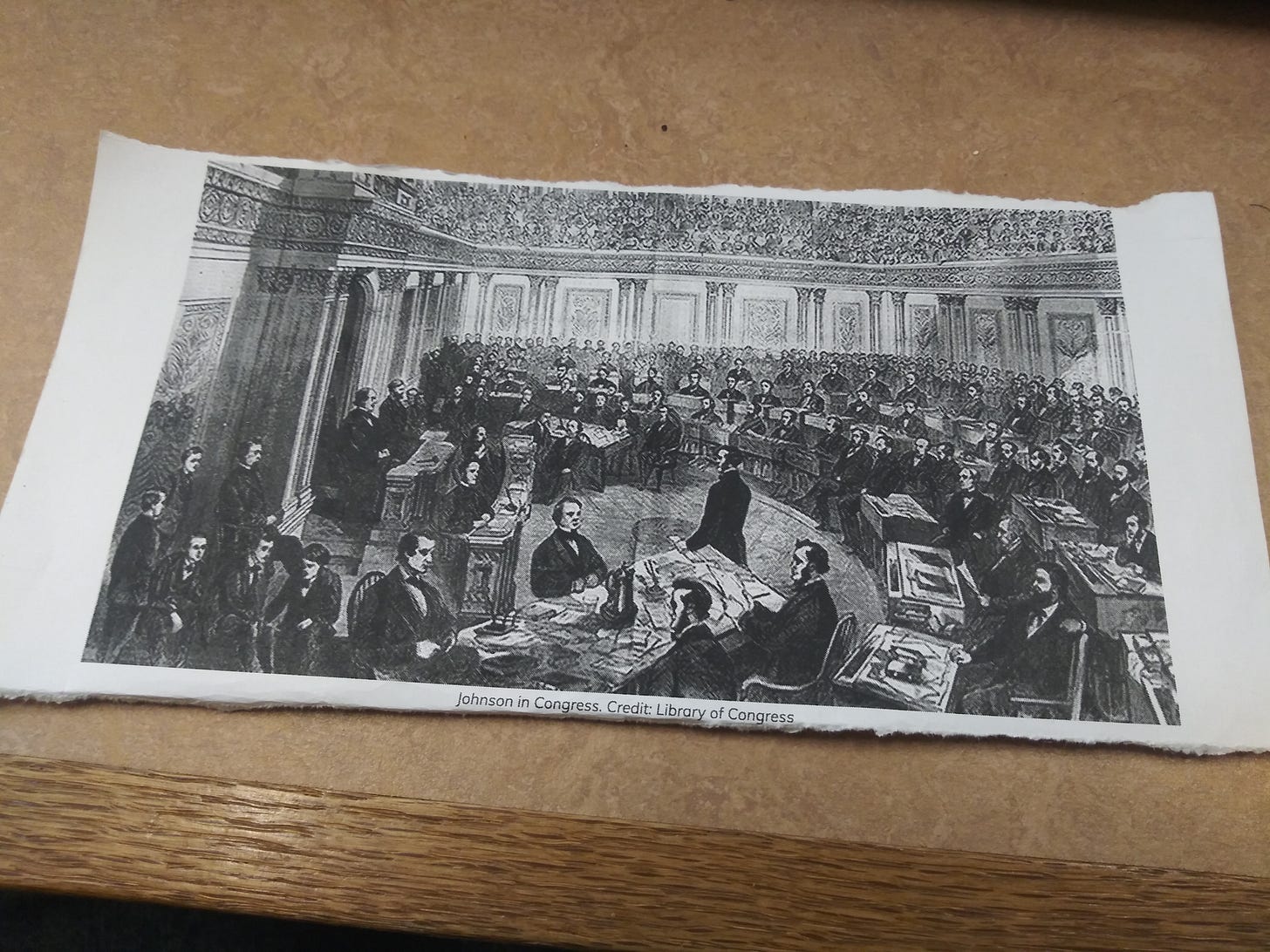President Richard Nixon when I was a youngster was threatened with impeachment and he resigned from the Presidency due to Watergate. But that was when I first heard of the term impeachment. What a term it is. Let’s jump to the definition: as adopted by the framers of the constitution, this congressional power is fundamental component of the system of checks and balances. Through the process, Congress charges and then tries an official of the federal Government for treason, bribery, or other high crimes and misdemeanor.
The Oval Office is the number one bully pulpit in the world for the most part. That is the power source of the presidency. Mr. Nixon was part of something called Watergate. Mr. Nixon was scolded for the ‘missing 18 minutes of the tape’. Nixon thought that he could get by this but he was threatened with impeachment and was forced to resign from the presidency.
Bill Clinton was impeached basically for ‘moral indiscretions’. The famous quote:
I did not have sex with that women….
45 aka Donald Trump was threatened with impeachment for most of his presidency but he made it out in one piece.
Now who was the first President to be Impeached and what was it for. The first president was number 17! I call him the replacement President. He is Andrew Johnson who replaced assassinated Abraham Lincoln who was murdered in cold blood by John Wilkes Booth. I excerpt from the PBS collection The Presidents and here we go:
On February 24th 1868, something extraordinary happened in the U.S Congress. For the first time in history, the United States House of Representatives impeached a sitting president. Democrat Andrew Johnson. Now, Johnson forced trial before U.S Senate. If convicted, he would be removed from office.
He was a Union man, but his roots were in the South. ‘‘This is a country for white men’’, he had reportedly declared, ‘‘and as long as I am president, it shall be a government for white men’’. Johnson had failed to win favor with the Radical Republicans. The radicals, who included men like Thaddeus Stevens and Benjamin Butler, wanted to guarantee the rights of the freedman. One way they tried to do so was by passing the Reconstruction Acts, laws that provided suffrage to freed slaves and prevented former Southern rebels from regaining control of the state governments.
Believing the Acts to be wrong and unconstitutional, Johnson blocked their enforcement. He repeatedly gave pardons to ex-Rebels. He hampered military commanders efforts to block the rise of southern leaders to power in frequent speeches and interviews. Johnson publicly expressed his defiance of the 'Radical Republicans’. They knew that their program for reconstruction of the South could not succeed with Andrew Johnson in Office. Johnson defied the act.
The President had long wanted to dismiss the Secretary of War, Edwin M. Stanton who was the only member of Johnson’s cabinet who was for the Radical Republicans program of reconstruction. On August 12th, Johnson suspended Stanton. In his place, Johnson appointed the popular General Ulysses S. Grant Secretary of War. By doing so, Johnson hoped to challenge the constitutionality of the tenure of Office Act.
When Congress reconvened, they overruled Stanton’s suspension, and Grant resigned his position. The event heightened Grant’s popularity and depressed Johnson’s — at least as far as Republicans were concerned. Ignoring Congress, Johnson formally dismissed Stanton on February 21, 1868. With the support of the Republicans, Stanton responded by locking himself in his office and refusing to leave.
Angered by Johnson’s open defiance, the House of Representatives formally impeached the President on Feb 24th 1868 by a vote of 126 - 47. They charged him with violation of the tenure of Office Act into ‘‘disgrace, ridicule, hatred, contempt, and reproach the Congress of the United States’’. It was then up to the Senate to try Johnson.
Johnson’s trial began on March 4th and continued for 11 grueling weeks. During that long period, the President’s enemies had time to reconsider the Stanton dismissal. Many of them were impressed with Johnson’s good behavior during the trial, Johnson also took action to save himself. He promised to enforce the Reconstruction Acts and to give no more speeches attacking Congress. He also appointed a man well liked by most Republicans, General M. Schofield, as the new Secretary of War.
On May 16th, 1868, President Johnson escaped removal of office by just one vote. For the remainder of his time in office he continued to veto reconstructions bills, but Congress overrode his vetoes. The Radical Republicans program for reconstruction continued. In 1868, the Republican candidate, general Ulysses S. Grant, won the presidency.
Fascinating period of history if you reflect on what happened next in America in the decades ahead.
#ObservationReporter
Disclaimer: Absolutely no A.I utilized here. Only H.I aka Human intuitiveness.
There is love and hate…..your choice. There is fear and freedom…..your choice.
Now what will your mind allow you to do?







Impeachment of a President is a joke! Democrats in the House vote to impeach Republicans and Republicans vote for the impeachment of Democrats. Ultimately, it ends up in the Senate, where nothing ever happens.
It is a shame our elected representatives do not expend any energy in exposing those who visited Epstein's Pervert Island, the murder of Jeffrey Epstein, or the continuing war against honest journalism.
FREE THE POLITICAL PRISONER JULIAN ASSANGE - the best journalist in the world